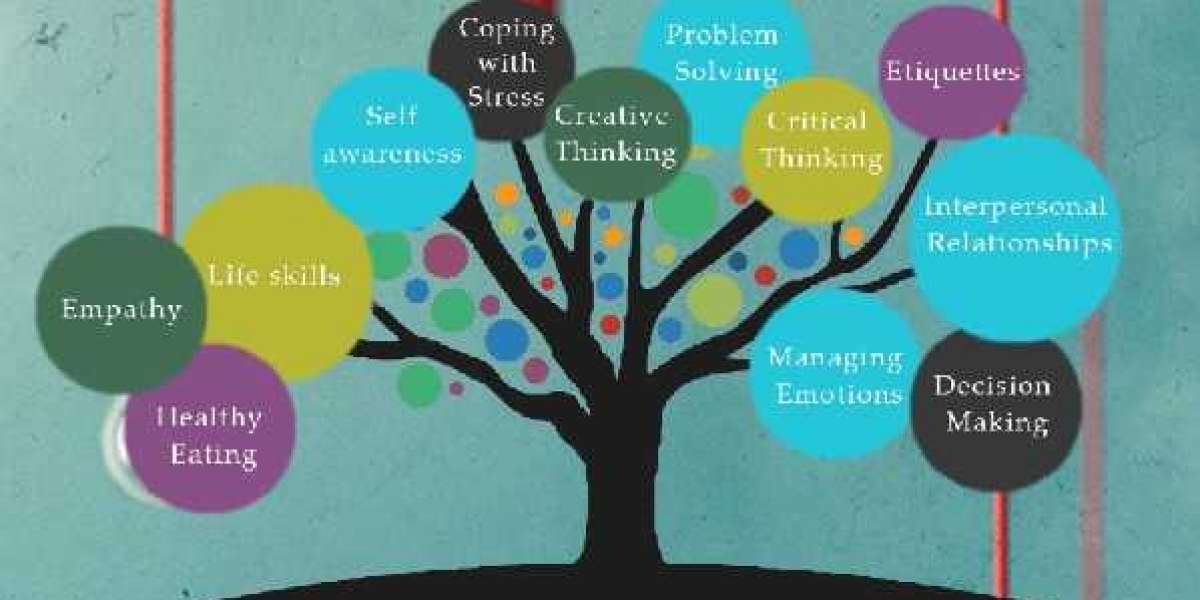Epilepsy is a neurological disorder characterized by recurrent seizures that can vary widely in their presentation and impact on an individual's life. Understanding the causes, symptoms, and treatment options for epilepsy is crucial for both individuals living with the condition and their caregivers. This article aims to provide a comprehensive overview of epilepsy, exploring its prevalence, underlying causes, common symptoms, diagnostic methods, and a range of treatment modalities available to manage this condition effectively. By shedding light on the complexities of epilepsy, we hope to empower readers with knowledge and guidance to navigate the challenges associated with this disorder.
Introduction to Epilepsy
Epilepsy is like that unexpected guest who shows up uninvited and causes a scene. In this case, the scene is a seizure. It's a condition where your brain's electrical system goes haywire, leading to recurrent seizures. Let's dive into what epilepsy is all about.
Defining Epilepsy
Epilepsy is basically like a noisy bunch of neurons in your brain throwing a raucous party. This results in recurring seizures that can range from a mild, unnoticed twitch to a full-on dramatic episode that's hard to miss.
Prevalence and Impact
Epilepsy is more common than you might think – it's like that surprisingly talented friend who suddenly becomes a viral sensation. About 1 in 26 people will develop epilepsy at some point in their lives. It doesn't discriminate and can crash anyone's party, regardless of age, gender, or background. The impact of epilepsy can vary from a minor inconvenience to a major life disruption, depending on the frequency and severity of seizures.
Causes and Risk Factors of Epilepsy
Epilepsy is like a mystery novel where the culprit is not always easy to identify. Various factors can contribute to its development, making it a bit of a puzzle to solve.
Genetic Factors
Sometimes epilepsy runs in families, like that one quirky trait handed down from generation to generation. Certain genetic factors can predispose someone to epilepsy, making them more likely to experience seizures at some point in their lives.
Brain Injuries and Structural Changes
Just like a poorly constructed building is more prone to collapse, a brain with structural abnormalities or a history of injuries is more vulnerable to epileptic activity. These changes in the brain's architecture can be the trigger behind the chaotic electrical storms that lead to seizures.
Common Symptoms and Types of Seizures
Imagine your brain throwing a temper tantrum – that's essentially what a seizure is. The way it manifests can vary, like different flavors of ice cream, each with its unique characteristics.
Focal Seizures
Focal seizures are like a spotlight shining on a specific area of the brain, causing peculiar sensations, emotions, or movements. It's like your brain's way of putting on a mini solo performance that can be quite bizarre to witness.
Generalized Seizures
Generalized seizures are like a fireworks show that lights up the entire brain at once. These can cause loss of consciousness, muscle stiffening, convulsions, or even subtle staring spells. It's like your brain deciding to throw a party and inviting everyone to join in, whether they like it or not.
Diagnosing Epilepsy: Tests and Evaluation
Diagnosing epilepsy is like Sherlock Holmes investigating a case – it requires keen observation, logical deduction, and maybe a magnifying glass or two. Various tests and evaluations help unravel the mystery behind those unpredictable seizures.
Neurological Examination
During a neurological exam, your doctor plays detective, looking for clues like abnormal movements, reflexes, or sensations that could hint at underlying brain abnormalities. It's like searching for hidden treasures in the vast landscape of your nervous system.
Electroencephalogram (EEG)
Think of an EEG as a brainwave music festival where electrodes placed on your scalp record the electrical activity in your brain. By analyzing these brainwaves, doctors can detect abnormal patterns that might indicate epilepsy. It's like deciphering a cryptic code to reveal the secrets hidden within your brain's electrical symphony.
Treatment Options for Epilepsy
When it comes to tackling epilepsy, there are various treatment routes to explore. Let's dive into the two key players:
Medication as the First Line of Treatment
Medication often takes center stage in managing epilepsy. These drugs help control seizures and can be a game-changer for many individuals. However, finding the right medication and dosage can sometimes feel like searching for a needle in a haystack.
Surgical Options for Refractory Cases
For cases where medications fall short in controlling seizures, surgical interventions could be on the cards. Think of it as a high-stakes game of Operation, but instead of a red buzzer, the goal is to reduce seizure activity through targeted surgery.
Medications and Therapies for Managing Epilepsy
Beyond the pill bottle, there are other avenues to explore in the quest to tame epilepsy. Let's shine a spotlight on a couple of these options:
Anti-seizure Medications
These medications are like the bodyguards of the brain, working to keep seizures at bay. With a variety of options available, it's all about finding the sidekick that complements your unique brain chemistry.
Ketogenic Diet and Other Alternative Therapies
Sometimes, thinking outside the pillbox can lead to surprising solutions. The ketogenic diet, for example, has shown promise in helping some individuals manage their seizures. It's like a culinary adventure with potential neurological benefits.
Lifestyle and Self-Care Strategies
When navigating the world of epilepsy, it's not just about medical interventions. Lifestyle factors play a crucial role in the overall management plan. Here are a couple of areas to focus on:
Managing Stress and Sleep
Stress and lack of sleep can be triggers for seizures, so finding ways to keep stress at bay and prioritize good sleep hygiene can be real game-changers. Think of it as crafting your own DIY stress-free sleep sanctuary.
Exercise and Nutrition Recommendations
A balanced diet and regular exercise aren't just buzzwords; they can actually play a role in managing epilepsy. It's like giving your brain cells a pep talk and a power-up at the same time.
Support and Resources for Individuals with Epilepsy
Epilepsy can be a winding road to navigate, but you don't have to go it alone. Here are some support avenues to explore:
Educational and Community Support
Knowledge is power, and connecting with others who understand the ins and outs of epilepsy can be a source of strength. It's like joining a club where everyone speaks the same neurological language.
Epilepsy Organizations and Advocacy Groups
From advocacy groups to online forums, there are ample resources out there to provide guidance, support, and a sense of belonging. It's like having a whole squad of epilepsy warriors in your corner, ready to champion your cause.In conclusion, gaining a deeper understanding of epilepsy can help individuals and their support networks better cope with the challenges posed by this neurological disorder. By recognizing the causes, symptoms, and available treatment options, individuals living with epilepsy can take proactive steps towards managing their condition and improving their quality of life. Remember, with the right knowledge, support, and resources, it is possible to navigate the complexities of epilepsy with resilience and optimism.






